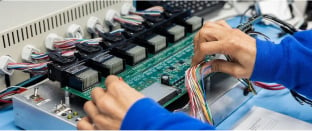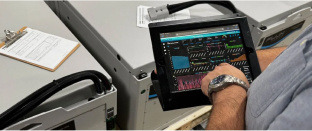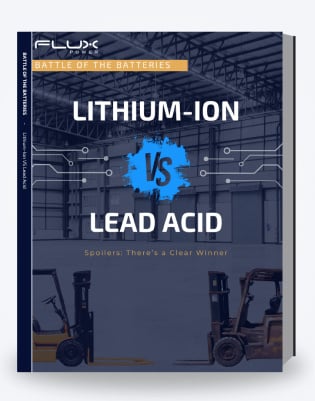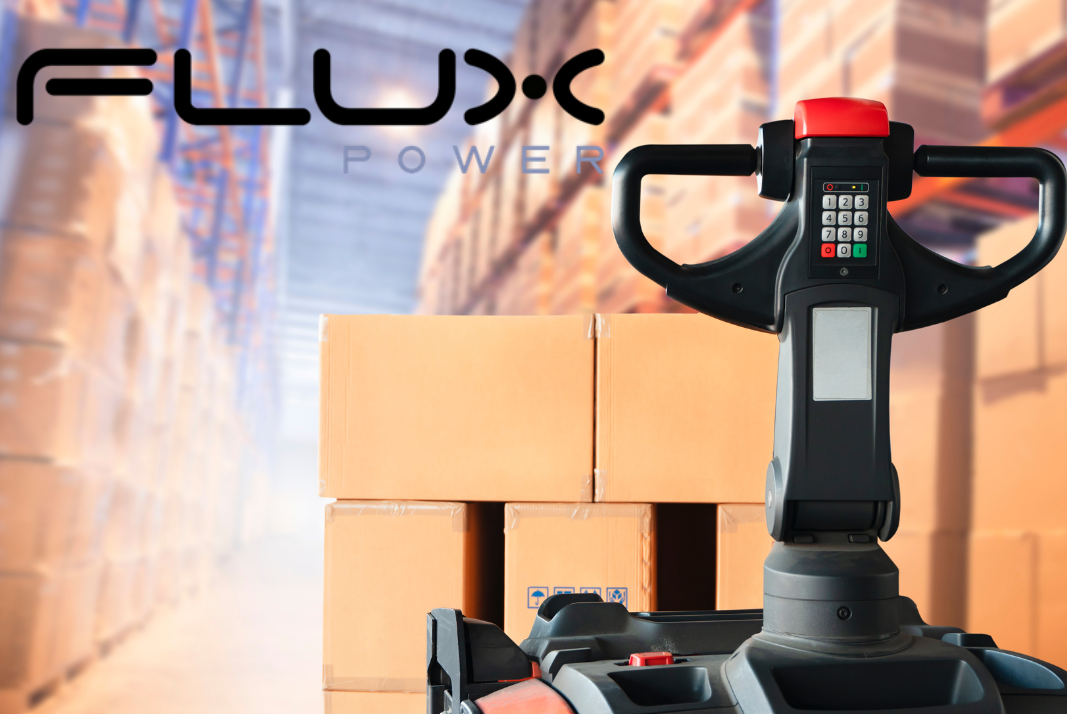There’s never been a better time to switch to battery-powered construction equipment. Governments and environmental agencies are pushing for increased emissions regulations. Increasingly stringent regulations are prompting many businesses to finally make the jump to using electric construction equipment. Additionally, many urban areas are placing noise restrictions on construction companies to decrease noise pollution. Battery-powered alternatives are widely recognized as the quieter choice when it comes to construction equipment.
Conflict in oil-producing countries and hacks on infrastructure, such as the Colonial Pipeline cyberattack, have had a massive negative impact on the fossil fuel supply. This has resulted in higher fuel prices and even the temporary unavailability of fossil fuels. Incidents such as this have become a motivation for OEMs to transition to electric machinery.
Perhaps the leading reason to switch to electric construction equipment is the massive improvements that have been made to lithium-ion batteries since their inception in 1991. The many advancements in lithium-ion technology have created more access to more cost-effective renewable energy sources for OEMs.
4 Benefits of Using Electric Construction Equipment
IC has been the long-standing go-to option for many construction companies, but the tide is starting to turn because many people realize that there are a handful of benefits to converting to electric...
1. Better Energy Efficiency
Electric construction equipment is more energy-efficient, and how that can improve ROI & uptime for construction equipment users. The energy density of diesel is about 100x greater than a lithium-ion battery, but that doesn’t mean it’s the most energy-efficient option. Instead, a lot of energy is wasted during the combustion process, which results in extra heat dissipation and emissions production. Despite the fact that diesel is more energy-dense, electric batteries are much more efficient during the energy conversion process. This means less energy is wasted throughout the discharge process.
2. Noise Reduction
Reduced noise levels due to electric construction equipment are a benefit for both operators and the companies they work for. With IC construction equipment, operators are often subjected to extreme levels of noise exposure for extended periods of time. This can lead to quicker fatigue and more discomfort, which can decrease team member performance and can increase the chance of risk-taking behavior.
You can reduce workplace noise exposure to help avoid costly fines or doctor’s appointments for employees due to hearing loss from workplace exposure. Lower noise levels may also give you the ability to bid on work in areas that might have otherwise been restricted due to noise.
3. Improved Comfort
Electric equipment improves comfort in multiple ways, including noise reduction, heat reduction, and fewer vibrations. Switching to electric construction equipment can offer improved comfort for operators, which offers long-lasting benefits to your business. While it might seem inconsequential, operator comfort while working is essential for a few reasons. Comfort enables operators to work for longer without fatiguing, which can boost the operator’s attentiveness and improve safety and overall staff well-being. This directly helps with employee retention and boosts employee satisfaction.
4. Lower Emissions
Converting to electric equipment is one of the easiest and most cost-effective ways to meet new emissions regulations/standards. The EPA (Environmental Protection Agency) has been cracking down on nonroad diesel engines. Within the last few years, the EPA has implemented restrictions on construction equipment emissions that are near-zero levels. Each year, the construction industry contributes up to 11% (on average) of all global emissions. Converting to electric is the quickest, most straightforward, and most cost-effective way for OEMs to go emission-free.
Many equipment manufacturers are making it easier than ever to convert to electric by investing time into developing efficient and cost-effective electric equipment options for the construction industry...
- Volvo - electric compact excavator (EX2)
- Bobcat - electric mini excavator (E10e)
- JCB - electric excavator (19C-1 E-Tec)
- Caterpillar - 28-ton excavator diesel-to-electric conversion
- Wacker Neuson - electric wheel loaders, battery-powered rammers, hybrid excavator, battery-powered mini excavator (EX17e)
Power Your Electric Construction Equipment with Industrial Li-Ion Batteries
There's never been a better time to switch to electric and Flux Power can help you get there. Contact us today to power your equipment with reliable, state of the art Lithium-ion.












